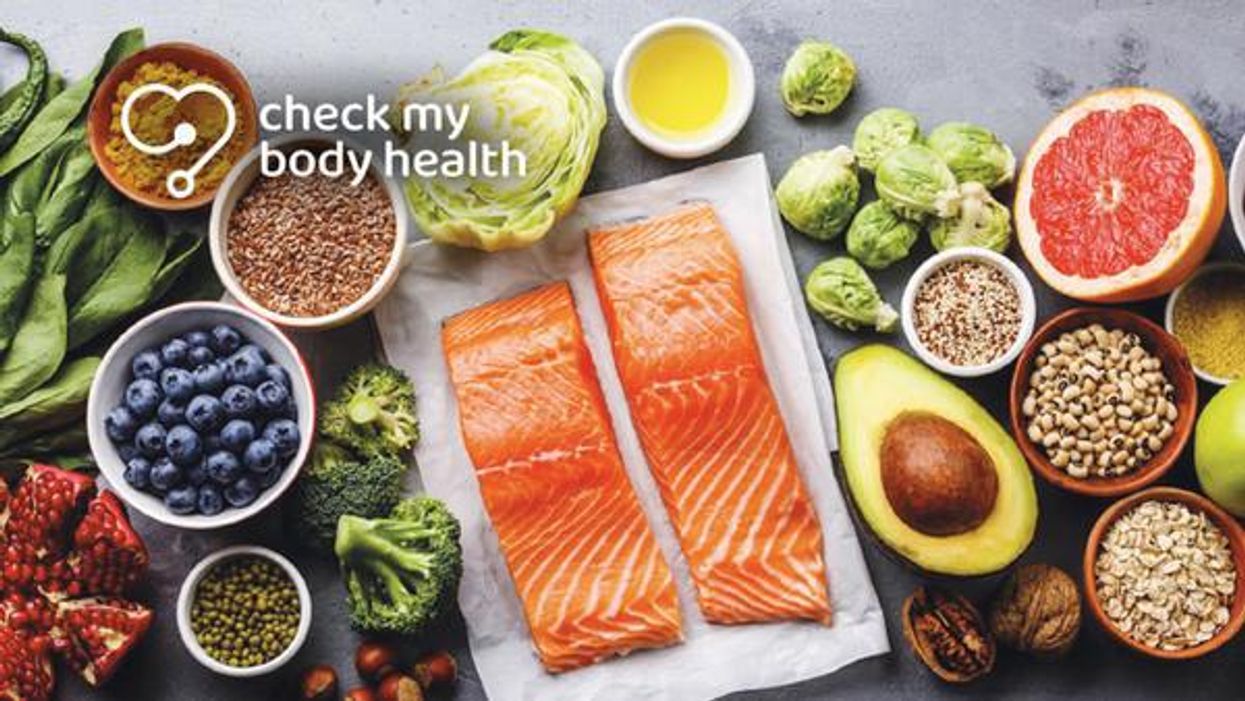
The Normalization of Feeling Bad

Who else is feeling bleh?
The Bubble on Netflix

Preventative healthcare has never seemed more urgent.
The pandemic taught us a lot — about ourselves, about the people around us (anti-maskers … I’m looking at you), about our society, and definitely about healthcare. It’s obvious to anyone looking that the US healthcare system is … not the best. It’s nonsensical, extremely expensive, and appears to prioritize medication over preventative treatment.
Don’t get me wrong, the pandemic emphasized the value of science, medication, and vaccines. But it also exemplified the benefits of blending various practices — it’s more holistic, preventative, and takes into account the sociological conditions surrounding health.
The pandemic pushed us towards preventative care. Masking up, testing before events, frequent PCRs just in case — these habits became second nature. What if we applied this attitude to our overall health?
We know, we know. At the very least, we should have that yearly check-up, the dental appointment, all of those other obligatory appointments we forget to make until our insurance reminds us. But what if we took a more intentional approach?
The Normalization of Feeling Shitty
As much as the past few years have abstractly taught us that we should value our overall health, we’ve only really put it into practice by stocking up on pandemic gear in case there is another surge.
As for the rest of our health, everyone’s felt “bleh” — or worse — for the past few years. It’s gotten to the point where that’s our default setting — just getting through it, but barely. Turns out, it doesn’t have to be this way.
We don’t have to live like this: phoning it in until we clock out of our jobs and down a post-quarantine “quarantini”. Then the constant take-out, settling in for the night to view the latest Marvel monstrosity that everyone’s talking about.
We shouldn’t be driven to this. Certainly not for fabricated reasons like “productivity” or “making the most of our day.” No, I’m totally on Team Treat Yourself, and “rest is a radical act.” Turns out, over-indulgence only makes us feel worse. And if we listened to our bodies, we might feel better.
Healthline says many of us are in the same boat. “According to a 2021 survey from ValuePenguin, 61 percent of Americans hope to break an unhealthy habit they developed during the pandemic.”
The piece continues: ‘We tend to seek comfort through unhealthy habits that quickly activate our brain’s reward centers and temporarily reduce or distract us from stress. Dopamine gets released when we do these pleasurable, albeit unhealthy activities, making us crave the feeling when it’s gone,’ Vanessa Kennedy, PhD, director of psychology at Driftwood Recovery, told Healthline. She said the intense stress, boredom, and uncertainty of the pandemic’s lockdown and social distancing rules pushed people into a cycle of drinking more, being less active, and eating junk food to cope.”
 From The Bubble on Netflix
From The Bubble on Netflix
From someone who loves nothing more than making wine-and-movie-night every night, this feels blasphemous. But as the weather warms and I’m heading out for walks and eating fresh produce, dare I say, every part of my life has gotten better.
I attribute this to the longer days which reduces seasonal depression. I must admit that exercise, a more nutritious diet, and reducing my alcohol intake might have something to do with it. I haven’t turned into a monk. The opposite — I go out dancing with my friends, I meet for lunches and dinner, I indulge, and I have fun.
But when I’m home, I don’t opt for the “comfort” stuff that I suspect was slowing me down. I have such fun making meals with fresh ingredients. I order in less (sorry to my local Thai place, I’ll see you again come Fall). Rather than defaulting to things I did when I felt bleh, I intermittently check in with how I’m feeling.
The Easy Way to Listen to Your Body
Pulling myself out of my slump wasn’t instantaneous, I’m still a long way from being the health God I see all over Instagram. But incorporating just a few healthier habits into my routine — almost by accident — has made all the difference.

Breaking bad habits and integrating beneficial ones can be a small but impactful way to improve how you feel overall. One major change? Your diet. But skip those fad diets that are impossible to stick to without going crazy or depriving yourself of essential nutrients. Instead, take a Complete Food Sensitivity Check and find out what your body is sensitive to with Check My Body Health so you can tailor your diet to your specific needs.
Sensitivity testing doesn’t have to break the bank. Check My Body Health is an easy, at-home test that does it all: tests up to 970 factors, sends you a clear and concise sensitivity report, shares elimination dietary advice, and provides a food diary template.
Taking a food sensitivity test with Check My Body Health is the first step to healing issues you accepted as normal: fatigue, bloating, acne, pain, and more.
Check My Body Health provides your particular test results and relevant information that will help you establish a diet that’s nutritious and enjoyable. Time to start living a life that’s healthier, happier, and enables positive change.


